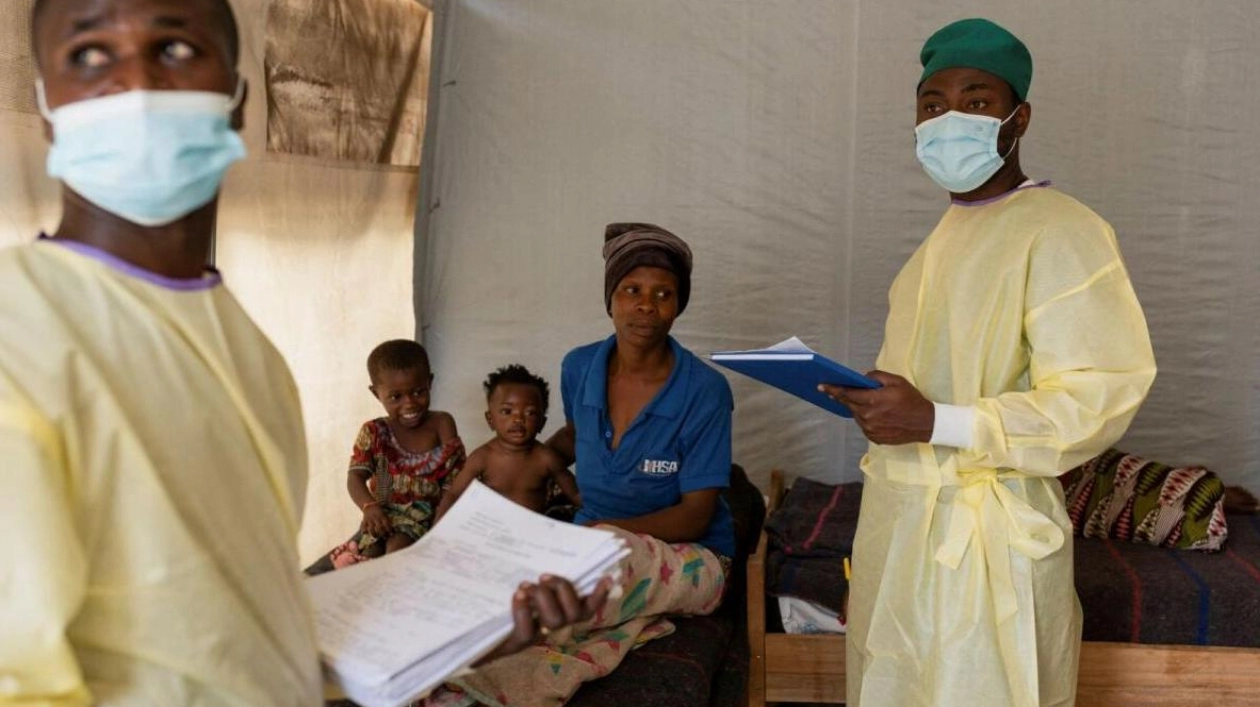The World Health Organization (WHO) has once again designated mpox as a global public health emergency, marking the second time in two years. This decision follows a viral outbreak in the Democratic Republic of Congo, which has now spread to neighboring countries. Mpox is primarily transmitted through close contact and, while typically mild, can be fatal in rare instances. The disease manifests with flu-like symptoms and body lesions filled with pus. Labeling an outbreak a "public health emergency of international concern" (PHEIC), the highest alert level by the WHO, can expedite research, funding, and international public health initiatives to control the disease.
The Congo outbreak originated from a local strain known as clade I, but a new variant, clade Ib, has emerged, spreading more readily through everyday close contact, including sexual encounters. This variant has extended beyond Congo to countries like Burundi, Kenya, Rwanda, and Uganda, prompting the WHO's response. "A coordinated international effort is crucial to halt these outbreaks and preserve lives," stated WHO Director-General Tedros Adhanom Ghebreyesus. Earlier this week, Africa's leading public health authority declared an mpox emergency across the continent, noting a rapid spread of the virus.
This year, over 17,000 suspected mpox cases and 517 fatalities have been reported in Africa, marking a 160% increase from the previous year, according to the Africa Centres for Disease Control and Prevention. Thirteen countries have confirmed cases. In 2022, a distinct mpox strain, clade IIb, spread worldwide primarily through sexual contact among men who have sex with men, leading the WHO to declare a public health emergency that lasted for ten months.






